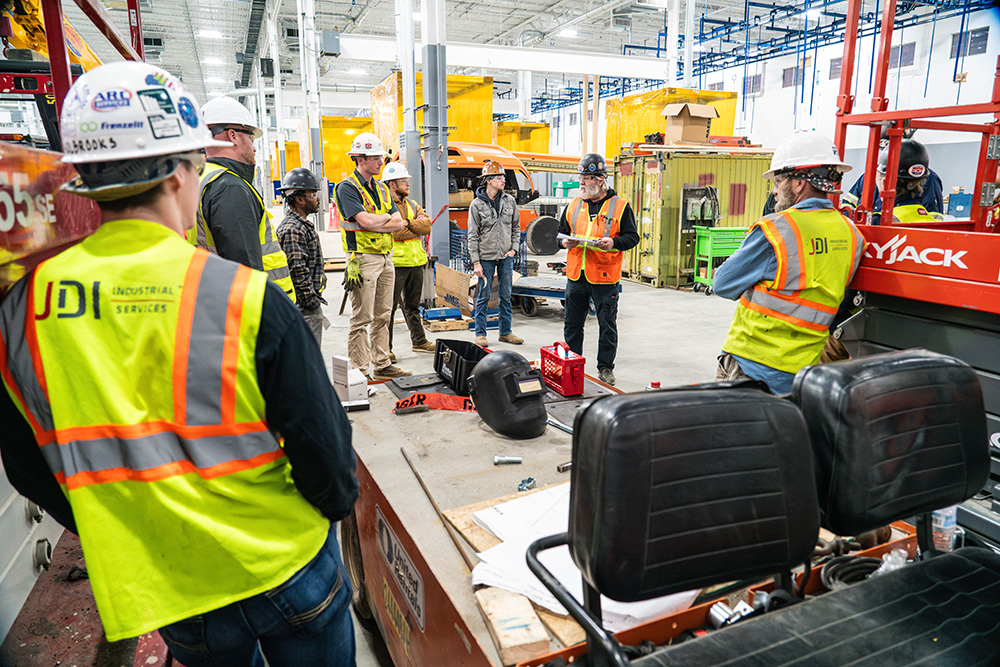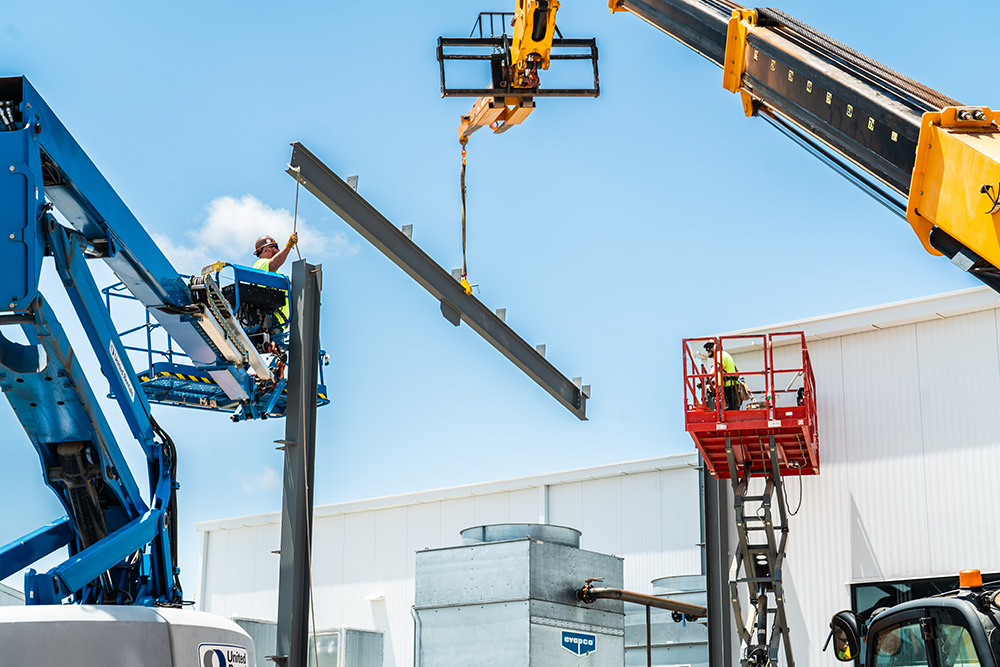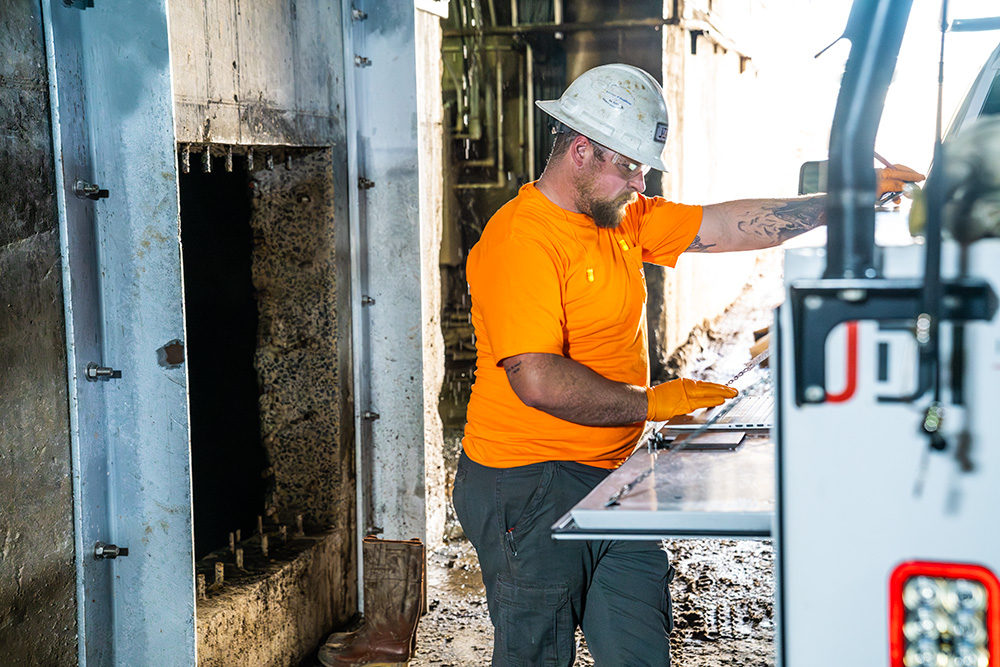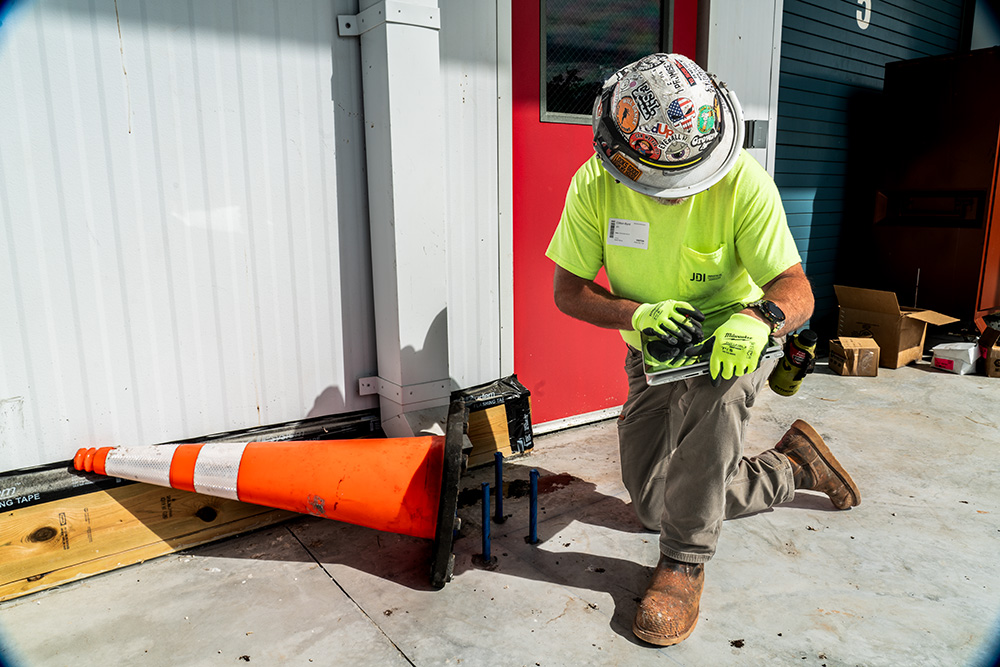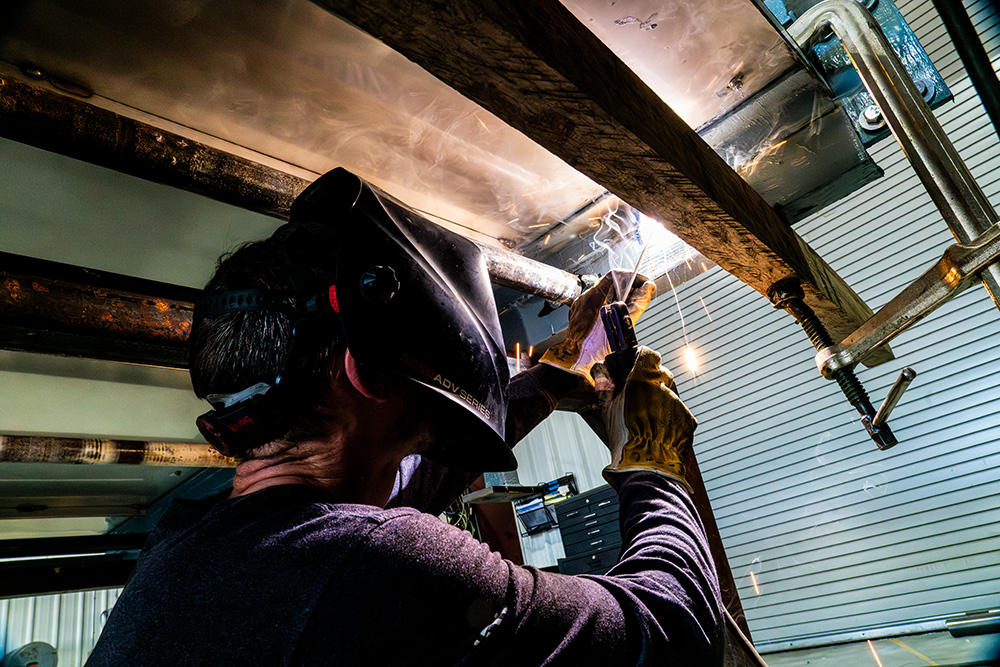How Best Mechanical Contractor practices deliver Industrial Projects
Why do the best mechanical contractor practices matter? It seems a rhetorical question, but industrial projects are among the most complex and demanding undertakings in the construction world.
Whether it’s a power plant, manufacturing facility, refinery, or distribution hub, these environments involve intricate systems. This also includes tight schedules, safety-critical operations, and significant financial investment.
For mechanical contractors, succeeding in this arena requires a strategic approach that blends engineering knowledge, project management skills, and a strong focus on safety and quality.
In this article, we’ll break down how mechanical contractors can effectively tackle industrial projects—from planning and team management to execution and post-completion support.
1. Start with a Deep Understanding of the Project Scope
Before setting foot on-site, mechanical contractors must have a comprehensive understanding of the project. This involves:
-
Reviewing engineering drawings and specifications in detail.
-
Clarifying the scope with the client, including deliverables, timelines, and performance expectations.
-
Conducting site visits to identify potential challenges like space constraints, access issues, or integration with existing systems.
-
Assessing risk to account for variables such as weather, material lead times, or labor availability.
Industrial clients expect certainty—so early clarity is key. JDI Industrial Services works with project managers like you with these steps, to give you the confidence you need before the work even begins.
2. Build a Skilled and Specialized Team
Industrial projects often require specialized mechanical work—high-pressure piping, heavy-duty HVAC, industrial ventilation, chillers, boilers, and more.
JDI Industrial Services gives clients a lot to choose from under one umbrella. We provide tradesmen who are journeyman-level leaders in mechanical, electrical, piping, and rigging.
Our team of contractors work full-time for JDI Industrial Services, are trained in our classrooms and certified by programs like the NCCER and ASME, and are licensed by South Carolina, North Carolina, and Georgia to operate in your facilities.
We believe that mechanical contractors should:
-
Recruit certified tradespeople (pipefitters, millwrights, welders, electricians, HVAC techs) with industrial experience.
-
Use experienced project managers and estimators who understand the industrial environment.
-
Vet subcontractors carefully, ensuring they have a proven safety record, relevant certifications, and experience in similar facilities.
People are your greatest asset. Having the right team reduces rework, accidents, and project delays, and gives you the ability to say, “that went the right way” to the people who entrust you with your projects.
3. Make Safety the Foundation
Safety isn’t just a compliance issue—it’s a fundamental part of industrial construction and the best mechanical contractor practices, today. JDI Industrial Services maintains a TRIR rating that exceeds the standards for our industry. But what is TRIR and EMR, and how do they relate to your operations?
First, TRIR stands for Total Recordable Incident Rate, and it is the number of OSHA recordable incidents multiplied by 200,000 divided by the total number of hours worked. JDI currently holds a .94 rating, and this is important because the primary value of TRIR is to evaluate and quantify a company’s safety performance from the past year.
At your manufacturing facility you will encounter contractors and projects that necessitate a thorough view through a lens of best practices.
Key practices include:
-
Developing a comprehensive site-specific safety plan in accordance with OSHA and client standards.
-
Conducting daily toolbox talks and hazard assessments.
-
Ensuring all personnel are trained and certified for tasks such as confined space entry, hot work, or elevated platforms.
-
Implementing a zero-tolerance policy for violations and establishing clear reporting mechanisms.
Clients in the industrial sector often require third-party safety audits, so robust documentation is critical. By being aware, hiring the right mechanical, electrical, and piping contractors, and taking safety seriously, you can drive your project success with minimal worries.
4. Use Smart Project Management Tools and Techniques
Time is money—especially in industrial settings where every hour of downtime or delay affects the bottom line. Programs like Procore and ServiceTitan make life easy on you as the project manager, and for the mechanical contractors working for you.
Mechanical contractors should:
-
Use project management software (like Procore, MS Project, or Primavera) to track progress and coordinate with other trades.
-
Develop detailed project schedules, using Gantt charts and critical path methods (CPM) to forecast potential delays.
-
Hold weekly coordination meetings with the client’s team, other trades, and suppliers.
-
Track labor hours and productivity using digital field tools to ensure you’re meeting budget and timeline targets.
By doing these steps for managing the project, someone like JDI Industrial Services can keep your project on track and able to have accurate reporting.
5. Plan Procurement and Logistics with Precision
Material procurement can make or break a project. Long lead times on custom equipment, such as chillers or industrial boilers, can derail schedules if not properly managed.
A few very necessary elements your contractor must have is an ability to manage time, leverage relationships, and be transparent. Without those traits you can end up with a project that experiences delays, cost fluctuation, and unforeseeable consequences to your manufacturing.
Effective strategies include:
-
Pre-ordering long-lead items during the early planning stages.
-
Coordinating delivery schedules to avoid on-site congestion.
-
Creating material staging areas for safe storage and easy access.
-
Using tracking systems (barcodes, RFID) for high-value components.
Close collaboration with suppliers ensures that nothing falls through the cracks.
6. Focus on Quality Control and Testing
Industrial systems must perform under demanding conditions. That means quality is non-negotiable.
Take a chiller bypass system for an example. Not knowing the tolerances, proper sizing, and what the system requires can completely wreck its ability to cool production lines and equipment.
A mechanical contractor MUST provide the proper mechanical, fabrication, electrical, and overall know-how for success. Your project depends on it, not just to make your productions efficient and effective, but so as not to affect the health and safety of all involved.
Ensure this by creating a checklist for your contractor that shows:
-
Proven QA/QC program that outlines inspections, tolerances, and documentation.
-
Conducting hydrostatic pressure testing on pipes and pressure vessels.
-
Performing air balancing and leak testing on HVAC systems.
-
Maintaining as-built drawings to reflect field conditions accurately, such as beam and anchor positioning.
Testing and commissioning should be completed well before project turnover to allow for adjustments.
7. Leverage Technology and Innovation
Imagine you show up to a project with all the best intentions. You have a great crew, but as soon as you look at their tools and see rust, worn-out harnesses, and a guy with a pager and a sketch pad as your superintendent… yikes!
At JDI we believe you should have people who are using their best, in great condition, and are toting a computer that shows the plans in detail. Mechanical contractors need the right tools, in the right conditions, and need to have all the knowledge they can at their fingertips.
We recommend that you seek out a contractor who can show some level of innovation, so that you can get your needs met with less errors.
New technologies that can streamline processes and reduce errors such as:
-
BIM (Building Information Modeling) for clash detection and 3D planning of ductwork, piping, and structural systems.
-
Drones and laser scanning for site measurements, monitoring progress, or inspecting hard-to-reach areas.
-
Prefabrication and modular construction to reduce on-site labor and improve safety.
Technology isn’t a luxury—it’s an edge in a competitive and high-risk industry.
8. Deliver a Professional Turnover Package
Project closeout is your final impression. A smooth handover builds trust and opens the door for future work.
Often, mechanical contractors are led by a project or account manager who can demonstrate the competency of the workmanship, provide a thorough overview, and can show that the end-product properly works.
Deliverables should include:
-
Detailed as-built documentation
-
Operation and Maintenance (O&M) manuals
-
Training for the client’s operations team
-
Warranty information and post-project support plans
Conveniently, some contractors also offer ongoing service agreements. These service plans allow you to minimize labor training and downtime following a project’s completion.
9. Offer Post-Completion Support
Lastly, industrial systems require ongoing attention. Providing post-project services strengthens relationships and ensures peak system performance.
One solution that we provide at JDI for our clients is preventative maintenance support for all of their production and facility needs. Maintenance engineers, supervisors, and facility managers benefit from our experts because they do three very simple, but difficult to find things.
- They are knowledgeable.
- They are safe.
- They care.
By vetting the right candidate that can work with your maintenance team, JDI gives clients the benefit of no-hassle contracts.
Consider:
-
Scheduled preventive maintenance contracts
-
24/7 emergency support
-
System optimization and performance audits
Clients value continuity and reliability—offering support beyond the build phase makes a company like JDI a partner.
Conclusion: Excellence Comes from Strategy and Execution
From pre-construction planning to final commissioning, details, safety, and communication will separate successful contractors like JDI from the rest.
By taking these best mechanical contractor practices and making it part of your DNA, you assure everyone of your decision-making abilities.
In today’s industrial market, precision, accountability, and adaptability aren’t just nice to have—they’re essential.

